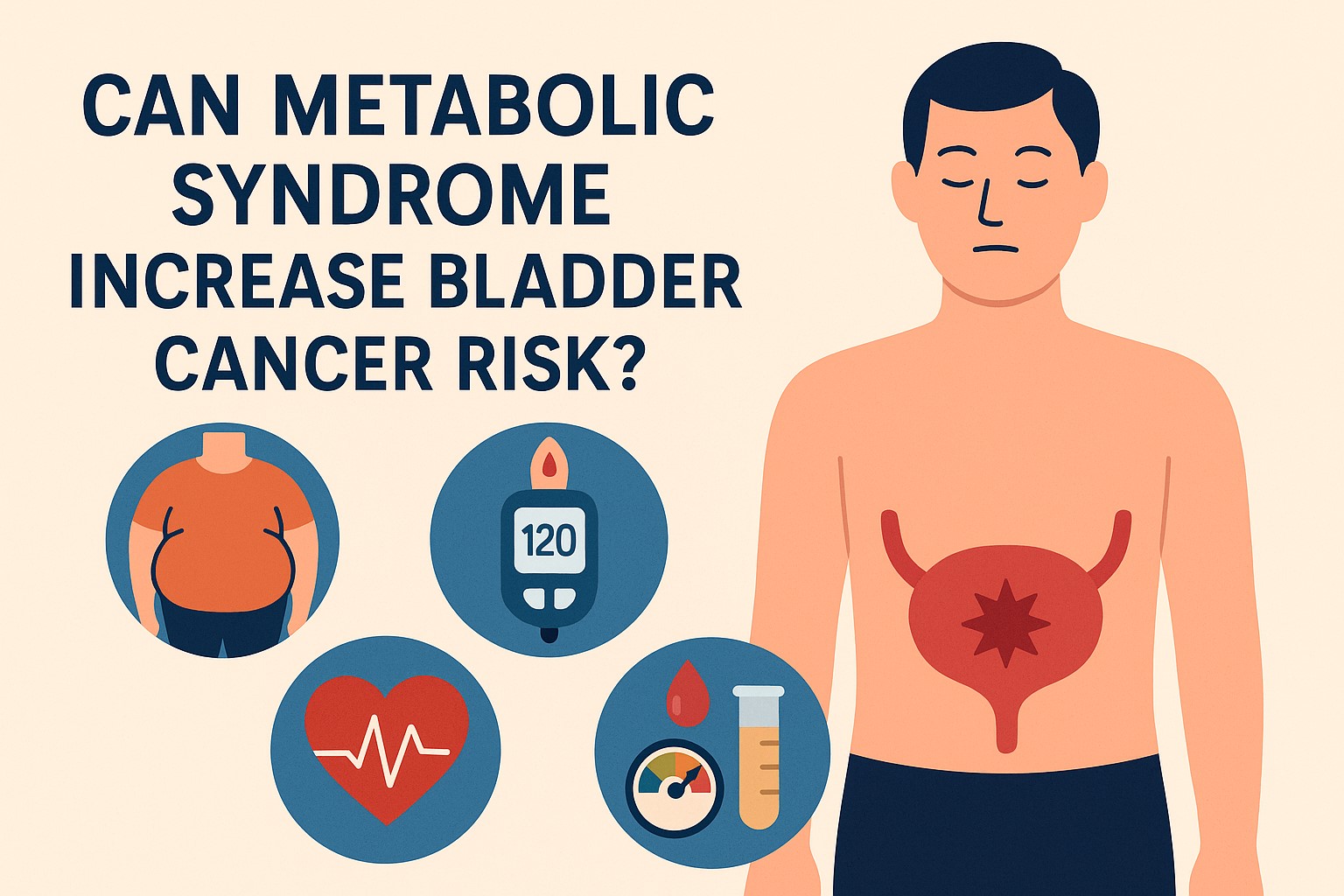Type 2 diabetes mellitus (T2DM) is a rapidly growing epidemic that significantly impacts overall health. Among its numerous complications, those affecting urological health are particularly concerning. These complications include an increased risk of cancers, lower urinary tract symptoms, and erectile dysfunction.
The Prevalence and Impact of Type 2 Diabetes Mellitus (T2DM)
The prevalence of diabetes is rising globally, posing significant public health challenges. In the UK, around 4.7 million people were living with diabetes in 2019, with the majority having T2DM. This number is projected to increase to over 5 million by 2025. This surge in diabetes cases is associated with a parallel increase in urological complications, necessitating a deeper understanding and better management strategies.
Does Diabetes Increase the Risk of Prostate Cancer?
The relationship between T2DM and prostate cancer has been widely debated. Some studies suggest that T2DM might reduce the risk of prostate cancer due to decreased insulin levels, lower testosterone levels, and other metabolic changes. However, a meta-analysis of seven studies indicated a 31% increased risk of prostate cancer in men with T2DM. This inconsistency suggests that while T2DM might have a protective effect in some contexts, it could also elevate risk under different conditions. Further research is needed to clarify these associations and determine the underlying mechanisms.
Does Diabetes type 2 Increase the Risk of Bladder Cancer?
Studies investigating the link between T2DM and bladder cancer have produced conflicting results, prompting the need for meta-analyses. These analyses indicate that T2DM increases the risk of bladder cancer by 10% to 68%. Interestingly, while metformin, a common diabetes medication, might lower the risk of various cancers, another diabetes drug, pioglitazone, has been associated with an increased risk of bladder cancer. These findings underscore the complexity of diabetes treatment and its implications for cancer risk, highlighting the need for personalised medication plans and further research.
Does T2DM Lead to Renal Cell Carcinoma (RCC)?
The association between T2DM and renal cell carcinoma (RCC) has also been debated due to potential diagnosis biases. However, emerging evidence supports a link, with a systematic review showing a 26% increased risk of RCC in people with T2DM. This association is partly due to the higher likelihood of renal imaging in diabetic patients, which may lead to more frequent diagnosis of RCC. These findings suggest the importance of vigilant monitoring and proactive management of renal health in patients with T2DM.
Does T2DM Cause Lower Urinary Tract Symptoms (LUTS)?
T2DM is a known risk factor for lower urinary tract symptoms (LUTS) such as overactive bladder and increased residual urine volume. A study matching T2DM patients to non-diabetic controls found that diabetes was associated with worse waterworks outcomes. Elevated HbA1c levels, a marker of poor blood glucose control, were also linked to more severe problems in emptying the bladder. These findings emphasise the importance of good glycaemic control in mitigating LUTS and improving the quality of life for diabetic patients.
Does Diabetes Type Two Increase the Risk of Urinary Tract Infections (UTIs)?
T2DM significantly increases the risk of urinary tract infections (UTIs) and the likelihood of UTI recurrence. A study found that 5% of people with T2DM experienced UTIs compared to 2.4% of non-diabetic individuals. This increased risk is due to factors such as higher glucose levels in urine, which provide a breeding ground for bacteria. Preventive measures, including good blood sugar control and proper hygiene practices, are essential for reducing the incidence of UTIs in diabetic patients.
Does Diabetes Lead to Kidney Stones (Nephrolithiasis)?
T2DM affects both the quantity and quality of kidney stones. Studies show that T2DM increases the incidence of urinary stones by 24%. Additionally, diabetics tend to have higher total urine volume and different urine composition, which may contribute to stone formation. These findings highlight the need for regular monitoring and management of urinary health in diabetic patients to prevent nephrolithiasis (kidney stones).
Does Daibetes Cause Penile Problems?
There is a significant correlation between T2DM and penile conditions such as phimosis (tight foreskin), preputial fissures (cracks in the foreskin) and recurrent balanitis (inflammation of the head of the penis). A study found that a good proportion of patients with phimosis and preputial fissures had undiagnosed or diagnosed diabetes, highlighting the importance of screening for T2DM in patients with these conditions. Early diagnosis and management of diabetes can help prevent and treat these penile conditions effectively.
Diabetes is Linked to Lower Testosterone, and Erectile Dysfunction (ED)?
Androgen deficiency, characterised by low testosterone levels, is common in men with T2DM. This deficiency can worsen glycaemic control and increase the risk of developing T2DM. Erectile dysfunction (ED) is also more prevalent in men with T2DM due to vascular and neurological complications associated with the disease. Addressing androgen deficiency and managing ED are crucial aspects of comprehensive diabetes care. Regular physical activity, and a healthy diet help to be on top of your sugar control which is the key to lower risks and complications.
Words of Wisdom from a Consultant Urologist
Managing T2DM effectively is crucial not just for controlling blood sugar levels but also for preventing a wide range of urological complications. Regular screenings, good glycaemic control, and patient education are key components of comprehensive diabetes management.


